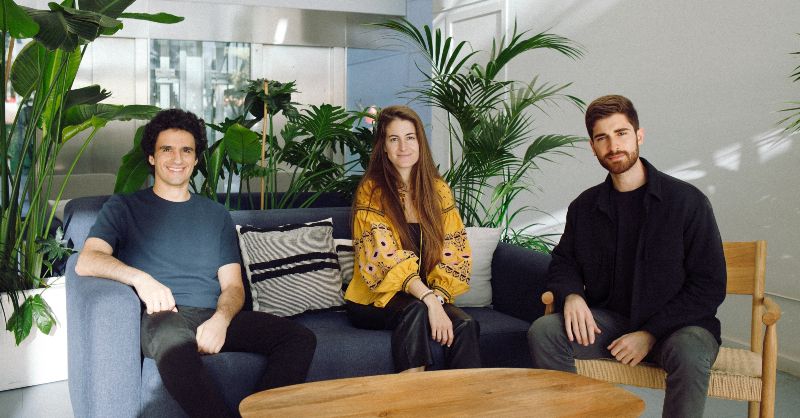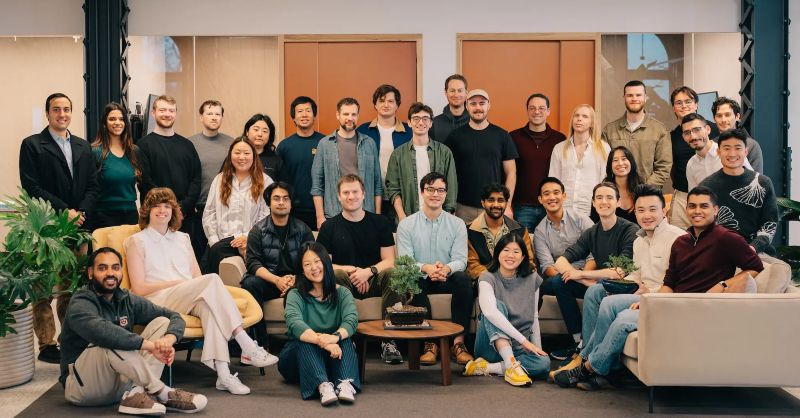Uber Adopts Zero-Commission Model for Auto-Rickshaw Drivers in India
- ByStartupStory | February 19, 2025

Uber has announced a significant shift in its business model for auto-rickshaw drivers in India, eliminating commission fees and adopting a subscription-based system instead. This move allows drivers to retain 100% of their fares while paying a fixed fee to access Uber’s platform.
Previously, Uber charged auto drivers a 10-15% commission on fares. Under the new policy, Uber will no longer take a cut from individual rides, and drivers will negotiate fares directly with passengers. The ride-hailing giant stated that the change aligns with industry trends, as competitors like Rapido and Namma Yatri have already adopted similar models.
“Given the industry’s shift towards a subscription-based model for drivers, we have decided to align our approach accordingly so as not to be at a competitive disadvantage,” an Uber spokesperson said.
With Uber now functioning solely as a connecting platform, the company will no longer be involved in fare disputes between drivers and riders. The fare displayed in the app will only serve as a suggestion, with the final fare determined through mutual agreement between the passenger and the driver.
Additionally, Uber will not impose cancellation charges if a user decides to back out of a ride after booking. Payments for auto-rickshaw rides must now be made directly to drivers, as in-app digital payment options, including credit and debit card transactions and UPI payments, are no longer applicable.
Uber’s shift in model follows ongoing regulatory debates over the taxation of ride-hailing platforms. In a recent ruling, Karnataka’s Authority for Advance Rulings (AAR) exempted Namma Yatri from Goods and Services Tax (GST), classifying it as merely a digital connector between riders and drivers. However, differing rulings in other states, such as Tamil Nadu, have led to inconsistencies in tax treatment for similar services.
This transition to a software-as-a-service (SaaS) model comes amid increasing pressure from driver unions protesting high commissions. Several state governments, including Karnataka and Maharashtra, have been working on regulations to cap surge pricing and define fare structures for app-based transportation services.









